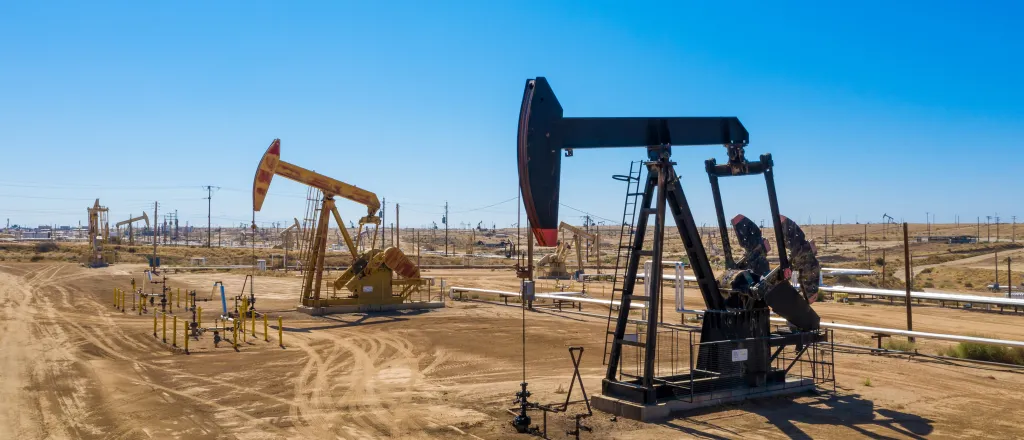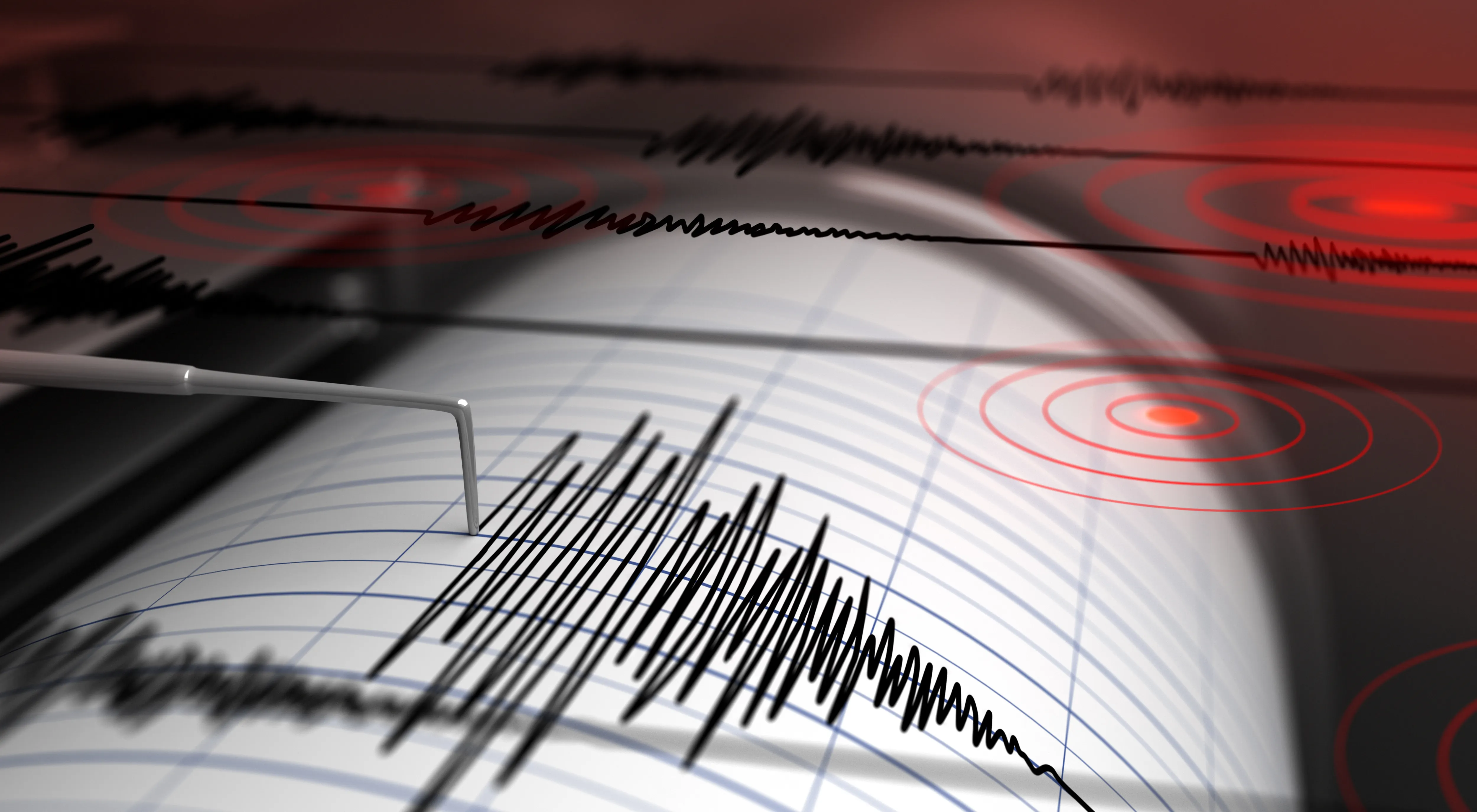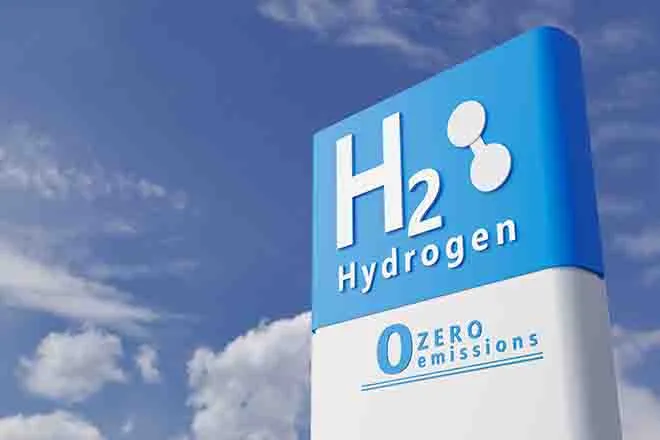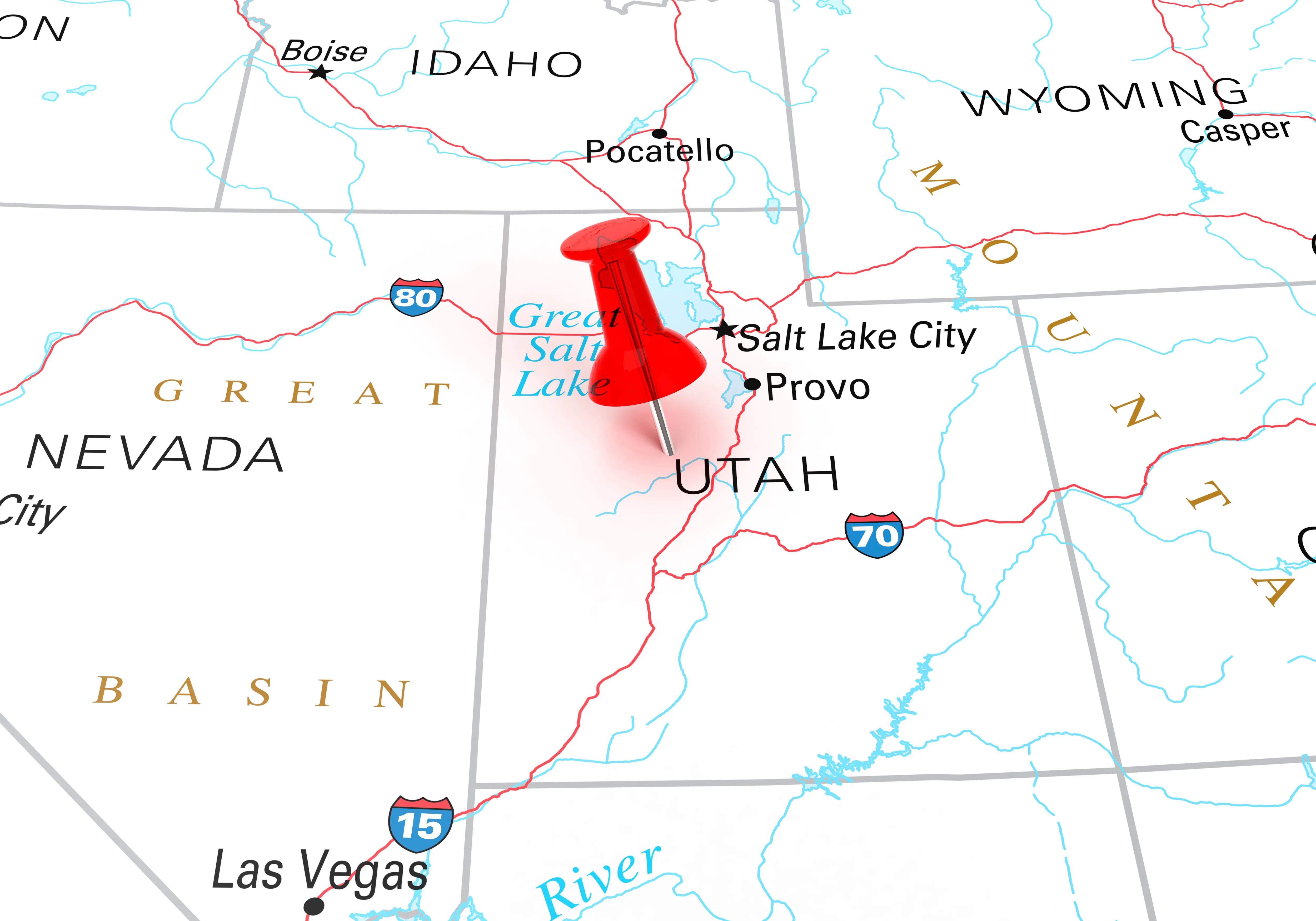
February 13 deadline for public comment on proposed EPA methane rules
(Colorado News Connection) The public has until February 13 to weigh in on new rules proposed by the Environmental Protection Agency to reduce methane pollution at oil and gas facilities.
Emma Galofre Garcia, a doctoral student at C.U. Boulder's environmental studies program, said the EPA has an opportunity to build on successful efforts led by states including Colorado to rein in methane emissions, a dangerous air pollutant.
"It's a precursor to ozone and smog, causing lung damage, heart damage, greater susceptibility to respiratory infections. It causes and worsens lung disease such as asthma and bronchitis," Garcia said.
Some critics of proposals to limit methane pollution, including those passed in Colorado that require oil and gas operators to find and fix leaks and reduce flaring, have argued that the cost of implementation can be prohibitive. Proponents argue that companies benefit by capturing emissions and bringing more gas to market.
Some communities face greater risks than others. Latinos are twice as likely to go to the emergency room for asthma, and Latino children are twice as likely to die from asthma as white children.
Garcia said Latinos historically have had no other option but to live in the shadows of refineries and other sources of air pollution, but the goal should be to make all neighborhoods safe for families.
"Communities of color, Latinos have only had access to housing that have been red-lined and that are in areas that are more polluted," Garcia said. "But it's also that we don't want places like that to exist."
She added industrial methane emissions targeted in the EPA's new rules also come with toxins linked to cancer, damage to immune systems and developmental problems in children.
"Outdoor workers, who are disproportionately Latino, and children, who spend a lot of time outdoors, are at a higher risk of health problems caused by smog - since they spend more time outdoors in polluted air," Garcia said.

















